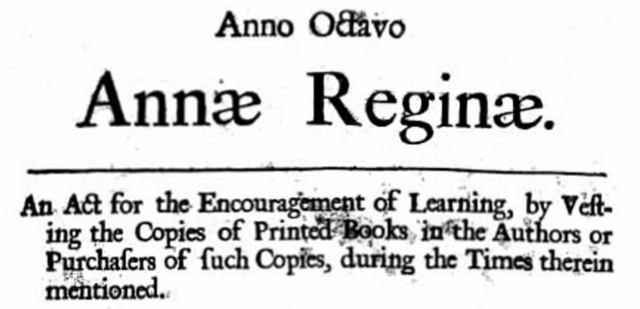The US Copyright Office has recently released a document seeking feedback on the intersection of copyright and artificial intelligence. This document, which includes thirty-four questions, was thoughtfully crafted based on previous listening sessions. It covers topics such as the rights of AI-generated content, transparency, and the copyrightability of AI’s output. As a journalist and journalism professor at the City University of New York, I would like to offer my perspective on these issues and their historical context. I am concerned that the regulations put in place for AI could potentially limit freedom of expression and the quality of information for all. In my comments to the Copyright Office, I will also propose a new framework for copyright called “creditright,” which I developed in collaboration with the World Economic Forum at Davos.
To provide some context from the field of journalism, it is ironic that newspaper publishers would oppose AI reading and learning from their content, when journalists themselves regularly read, learn from, and repurpose each other’s work without compensation or credit. This has been a longstanding tradition in the industry. In fact, the 1792 US Post Office Act allowed newspapers to send copies to each other for free, specifically for the purpose of copying each other’s content. This created a de facto network of news in the new nation. Additionally, many newspapers employed “scissors editors” whose job was to cut out stories from other publications to reprint. As I discuss in my book, The Gutenberg Parenthesis: The Age of Print and Its Lessons for the Age of the Internet, publishers were only concerned with receiving credit for their work. It is worth noting that the Copyright Act of 1790 did not cover newspapers or magazines, and it wasn’t until 1909 that they were included. Even then, there was debate over whether news articles, which were often anonymous and driven by business interests rather than individual authorship, should be protected under copyright law. This raises the question of how we define authorship, whether it be by a person, publication, or now, a machine.
In response to Question 1, which asks about the benefits and risks of AI in the context of news, I have advised editors against using generative AI to produce news stories. I have covered the show-cause hearing for the attorney who infamously asked ChatGPT for citations for a federal court filing, and I use this example to improve my SEO.




































